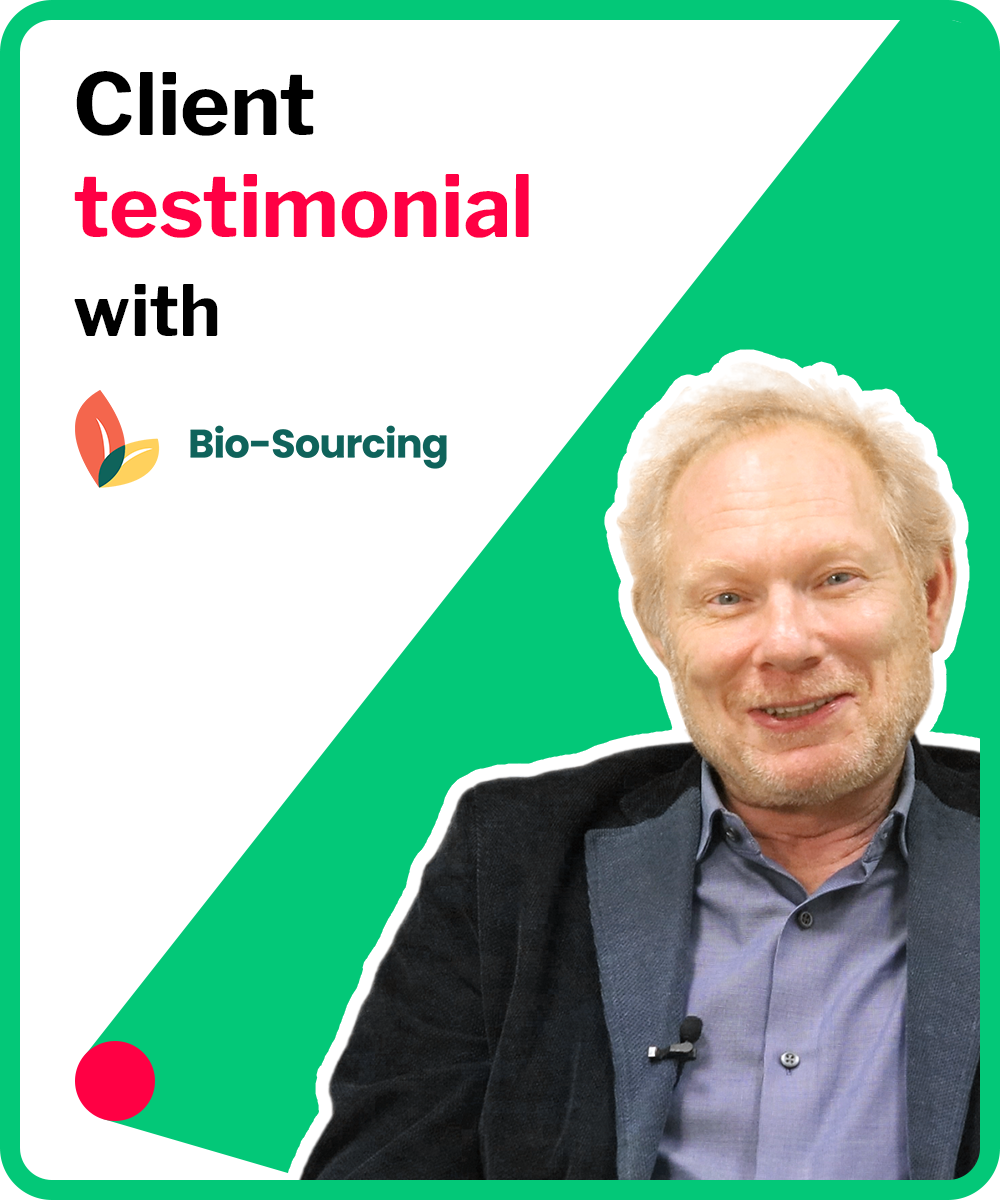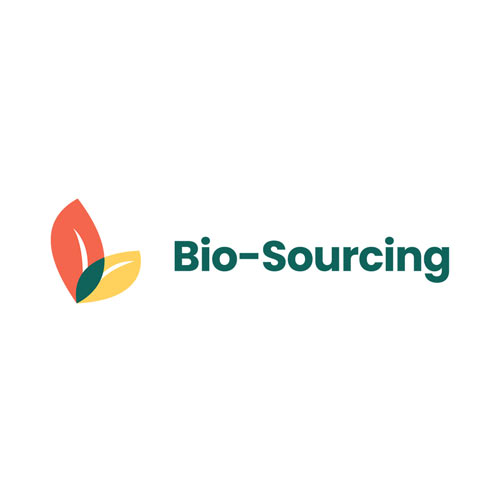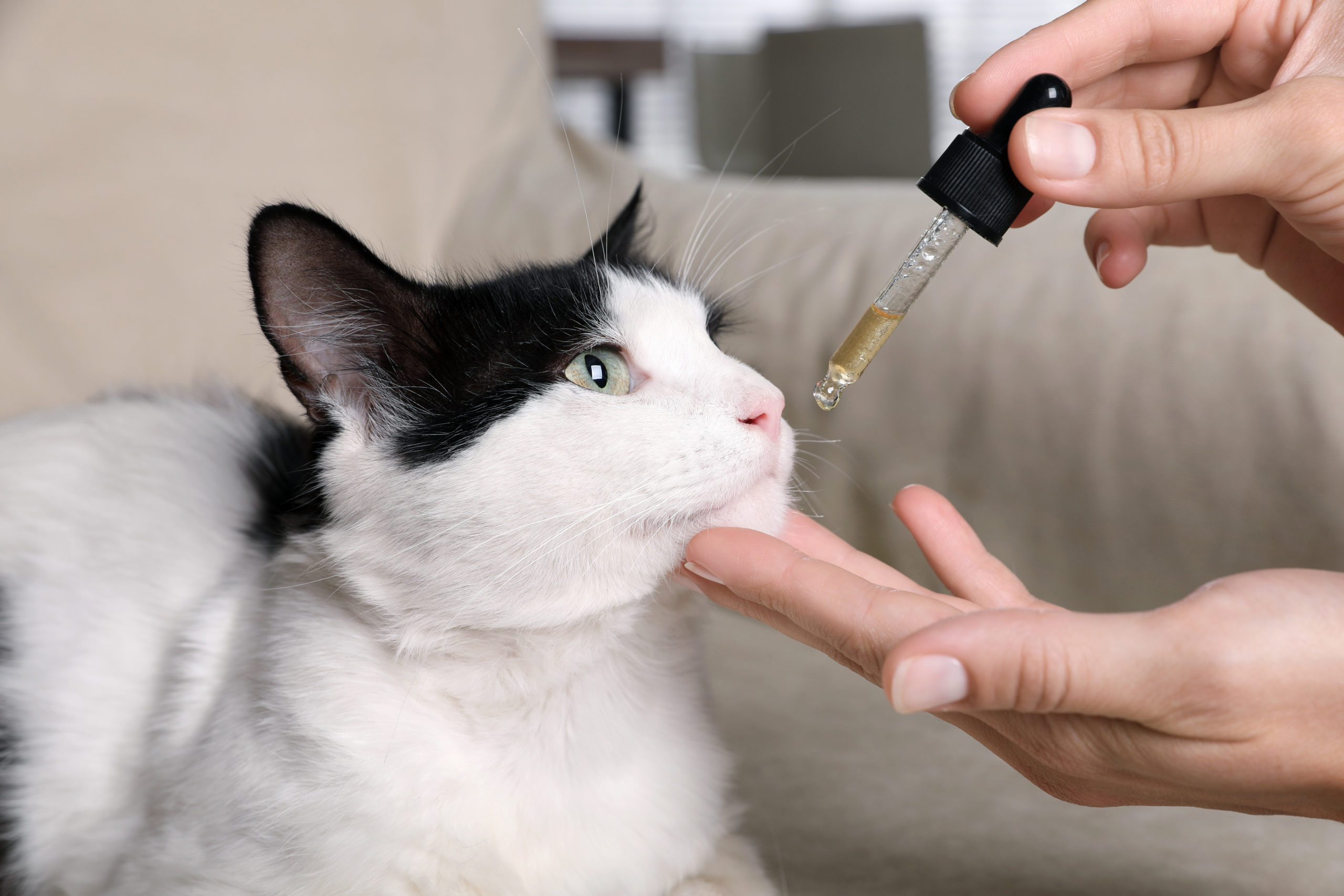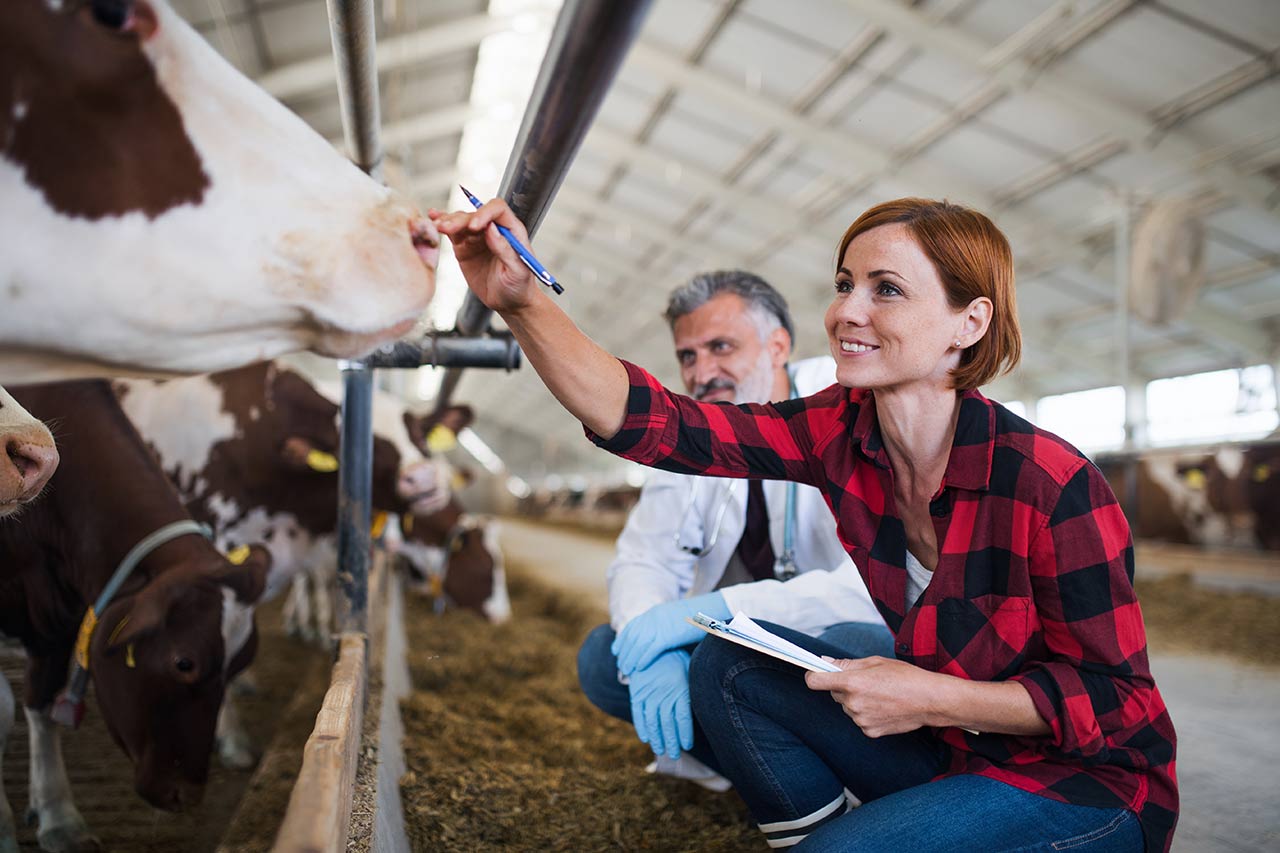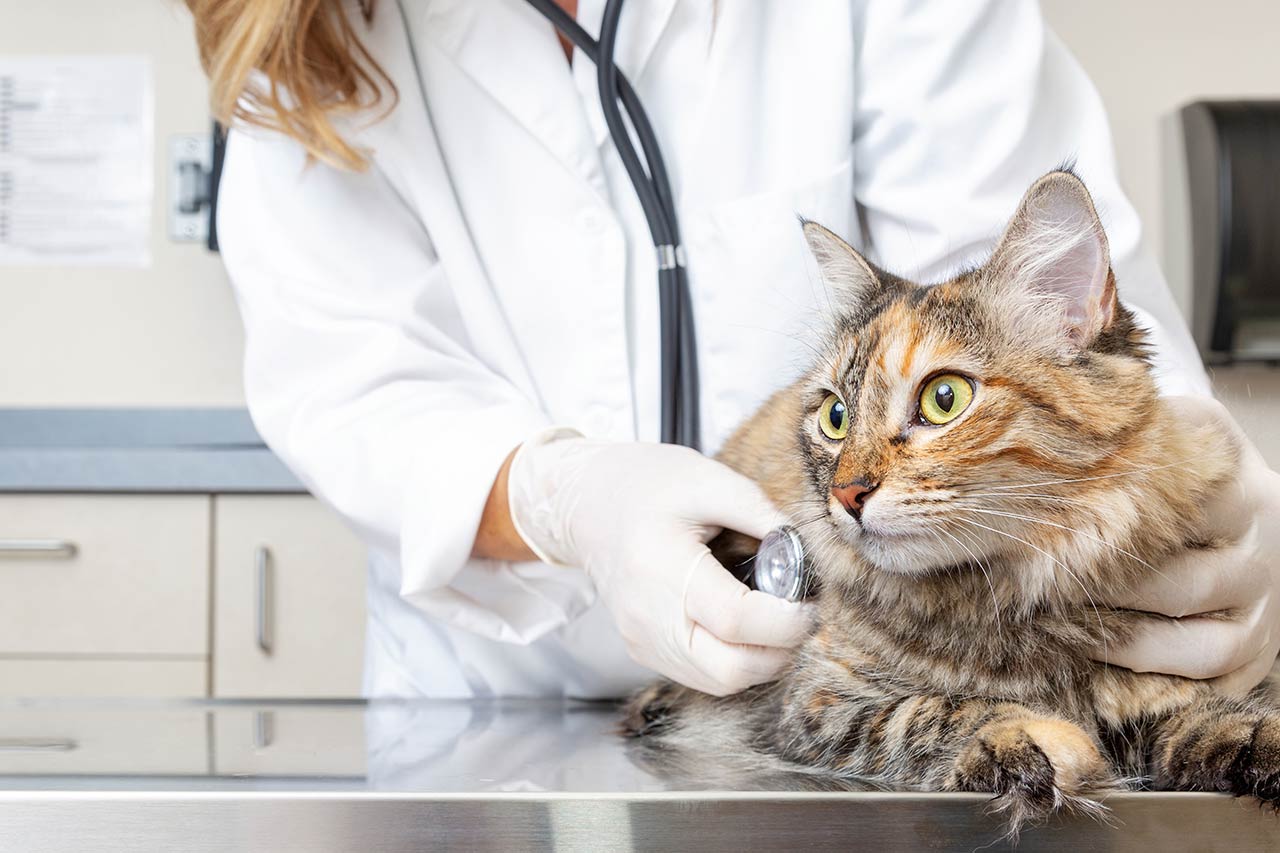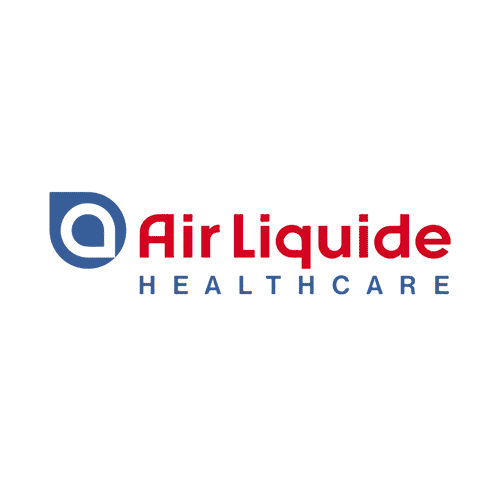
Animal health

Develop research and innovation in the animal health market
Our specialized team supports animal health players in their innovation projects, development strategies in their markets, new product launches, identification of new partners, technology scouting for research, and more.
They trust us


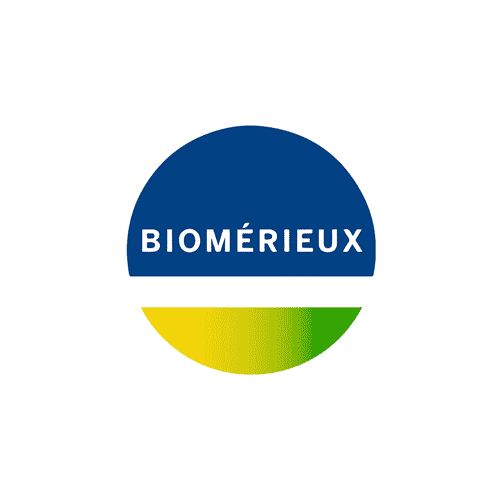


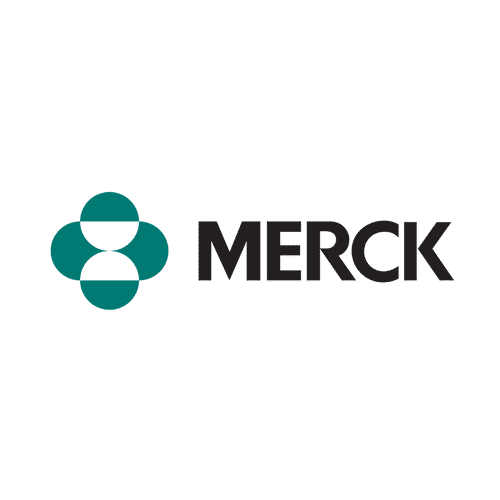

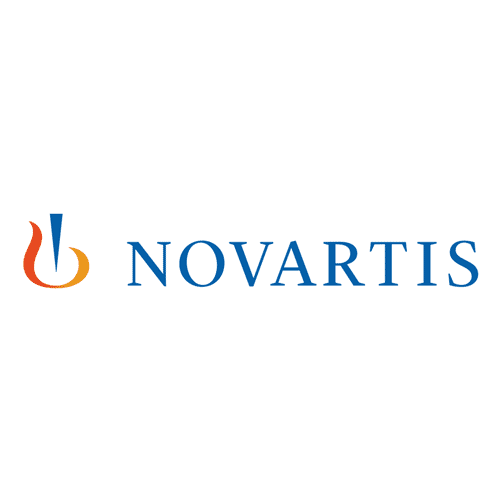

The challenges related to animal health
Between 2000 and 2016, almost 360 animal disease outbreaks were recorded across 116 countries, causing enormous economic losses, impacting trade and affecting global food security. Of these outbreaks, two-thirds were caused by just five diseases, including Avian Influenza, Foot and Mouth Disease and African swine fever (ASF), highlighting the opportunities available to better target and manage livestock disease. At the same time, pet ownership has skyrocketed across the globe. Over 50% of households in major markets currently own a pet and it rises to over 80% in nations like Brazil and Argentina.
It has become necessary and urgent to develop new and effective solutions in animal health, taking into account the challenges of this market:
Production animal
There is an increasing need for vigilance and surveillance efforts of zoonotic diseases to prevent outbreaks which could threaten food safety. For example, with over 60 percent of the world’s domestic pig population in Asia and the Pacific region, the potential impacts of African swine fever on the swine industry were enormous, since it was first reported from China in 2018. With no vaccine or effective treatment for this transboundary animal disease, control is through enhanced biosecurity; to date, over 200 million pigs have either died or been culled in the region. An increasing number of parasites resistant to currently available antiparasitic drugs highlights the need for further R&D investments and animal health research to identify new active molecules. This is especially more critical for livestock than pets. For example, for most of the marketed anthelmintics drugs used to kill worm-like parasites, resistance has become widespread, particularly in ruminants.
How can companies optimize their R&D portfolio and align with company’s business strategy? How can we limit and prevent the outbreaks of zoonotic diseases?
Development in regulations such as the EU ban on routine use of antibiotics in animal agriculture means that companies have to navigate and explore potential solutions to support market needs such as in-feed enzymes, probiotics and prebiotics. To put this in perspective, in 2020, 160,000 tonnes of antibiotics were given to farm animals globally. The number is predicted to rise to 200,000 tonnes by 2030. Antibiotics are used in farming for a number of reasons. It’s not just for treatment or prevention of disease. One of the most prevalent uses is to accelerate animal growth. This results in a larger meat yield and more profits for producers.
Developing innovations for animal diseases that are effective across this diverse regulatory landscape is a significant challenge, with the approvals in animal health products dwindling below 50 by the mid-1990s as compared to over 400 for human medicines. For instance, in Europe, companies have 10 years data protection while in the US, companies only have 5 years data protection. This means that by the time a product can be widely used, it may have already lost exclusivity protection and faces generic competition before the company can obtain a return in investment. Furthermore, once a product receives market approval, Good Manufacturing Practices (GMP) that are tailored to human health are often applied to animal health sector. Without adapted GMP, an animal health product can face unnecessary requirements that may make it financially unfeasible to manufacture.
How will the development in regulations affect the development of therapeutics in Animal health? How to adapt to projected evolutions and develop innovative manufacturing processes?
Similarly, aquatic animal diseases are threatening the economic and environmental sustainability of aquaculture, the fastest-growing food production sector in the world due to rapid growth in demand and production. Careful management of the health of aquatic animals has become essential to supporting the development of sustainable aquaculture and to overcome sanitary and biodiversity challenges emerging from high production and trade volumes as well as from the open environment in which these populations often live.
How can we leverage the development in technology for early detection and monitoring of animal health? How do we improve the sanitary and biodiversity challenges of aquaculture while ensuring high production?
Pets
With the surge in pet ownership and the humanization of pet care, veterinarians are a key part of this evolution and companies increasingly need to work closely with them to support their practices and meet the demands of pet owners through animal health medicines, vaccines, food and supplements, diagnostic and devices and digitalization of services. Challenges can include identifying new channels for product offerings to increase access for pet owners, educating pet owners on the benefits of different interventions and producing relevant marketing materials that connects to the needs of pet owners in different markets.
How can companies provide more support to veterinarians to create awareness among pet owners? What are the most promising channels for product offerings to reach consumers and veterinarians?
Considering the profound effects of digital technologies on animal health services, it is also important for veterinary services to explore and be proactive in adopting current innovations in connected technology. These technologies include identification microchips, feeders, surveillance and tracking of eating and drinking habits and tracking of behaviour patterns, all with the aim to provide pet owners with rich data and insights to help them keep their pets healthy.
What are the developments in technology that can help to improve animal health services? Who are the different partners animal health companies can collaborate with to develop these technologies and new services for animal health?
How we support you in your projects related to animal health
For more than 25 years, Alcimed has supported its clients on numerous issues related to animal health. Indeed, we have carried out more than 200 projects in this field for different players, including global animal health companies, biotech companies, research centers and trade associations.
The diversity of our clients, the geographical fields that we explore, and the types of projects that we carry out, gives us a comprehensive and in-depth understanding of the issues addressed in the field of animal health.
Our projects cover topics as diverse as new technologies and therapeutic approaches for zoonotic diseases, landscape and prioritization of potential partners in animal health research, assessment of market and licensing opportunities, market access, pricing and reimbursement, changes in regulations, and exploring potential technologies.
We also work with our clients on a holistic approach to public, animal and environmental health, helping them to evaluate business opportunities and build partnerships around the concept of One health.
What they say


"Like a compass, Alcimed helped us determine the fields in which we wanted to develop, in this case biosimilars. Alcimed is our strategic, marketing and operational ally."
Bertrand Mérot
CEO
Examples of recent projects carried out for our clients in animal health
Building a 5-year strategy for rabies management for a leading animal health player
We supported a leading animal health company in building its 5-year strategy for the rabies vaccination market of dogs in Latin America, Africa, the Middle East and Asia.
We analyzed current and future public policies on rabies management at the human and animal levels and identified the main needs in the perspective of One health management.
The results of our investigations allowed us to build recommendations for our client regarding the development of new products and services, geographic prioritization and customer targets.
Creation of a Veterinary Public Health Hub with a consortium of animal health players
We accompanied a consortium of public and private players in animal and human health in the creation and management of a Veterinary Public Health Hub in a “One health” approach.
We helped them define a common vision and ambition, build a roadmap and manage their projects. For example, these projects led to the creation of a Chair in Veterinary Public Health and the organization of an international scientific conference on the “One health” concept with themes such as the surveillance of emerging infectious diseases or antibiotic resistance.
Building a market forecast model for pet food and animal health MNCs
We helped animal health and pet food MNCs to anticipate the possible futures for their businesses.
Together with key industry experts and feedback from farm owners, our team developed a comprehensive market forecast model for animal production in India (chicken and buffalo), Australia and New Zealand (cattle, goat, sheep), China (pig, cattle, chicken, aquaculture) and Thailand (chicken, aquaculture).
Our work allowed our clients to strategically define their strategic and operational roadmaps with the future outlook of the ecosystem in mind.
Supporting an animal health company in exploring potential new technology for pet products
We supported a global petfood company in exploring a potential new digital technology that can be used to optimize their current products.
To do so, our team analyzed the different types of technologies on the market, the opportunities and challenges they offer, and how they can be aligned with the consumer trends and demands.
With this, we were able to build recommendations for the most promising technological solutions to investigate further, as well as identifying key potential partners for innovation and technological development.
Developing an animal health company’s business strategy in companion animal oncology through human oncology commercial strategy
Alcimed worked with a top animal health company to help build their business strategy for the companion animal oncology market.
Our team gathered intelligence on two key business cases of prominent human oncology drugs to determine what factors were most responsible for their success. We built hypotheses based on the best available data (global revenue data, manufacturer prescribing information, clinical trial data, etc.) and challenged them during interviews with oncologists.
Our team then performed an assessment of the companion animal oncology market to identify the most prevalent pain points for pets and pet owners, then analyzed how key success factors from human oncology translate to animal health.
In the end, our project helped our client to consider three key success factors that must be employed when launching new oncology therapeutics to the companion animal oncology market.
Searching and profiling of acquisition targets in equine nutraceuticals for a leading animal health player
Alcimed worked with a leading animal health company to identify and qualify top retail equine nutraceutical targets for acquisition in North American and Europe.
Our team assisted our client by creating a short list of companies of interest by looking at large retailers, equine events, and social media to ensure they fit the target profile. Additionally, interviews were conducted with key opinion leaders on equine nutraceuticals to further characterize potential targets and their capabilities.
Following our investigation, we prioritized a list of targets for acquisition so that our client could enter the retail equine nutraceutical market. We also provided an understanding of the barriers and projections of the retail equine market in the US as described by experts and key stakeholders.
The recommendation provided by our team on which organization should be approached along with other means to enter the retail equine market, assisted our client’s ability to expand into new markets.
Organization and moderation of an innovation workshop for an animal health client on the cat veterinary experience
Alcimed helped prepare and moderate a workshop for an animal health client’s feline division. The goals of the workshop were to identify and prioritize unmet customer needs and work on how the division could prioritize novel interventions to meet comprehensive customer needs.
We drafted the workshop organization by preparing moderation techniques including icebreakers, exercises for small group sessions, slides for moderation, and event schedule. Our team served as the moderator for the discussion to help facilitate an engaging, productive, and innovative workshop. Following the workshop, we prepared a comprehensive summary of the event along with an executive summary video, and informative infographic.
Outcomes of the workshop provided our client with team level setting and alignment on top challenges/unmet needs facing the feline division, a list of project ideas to address the unmet needs, and a ranking of the most promising ideas. The exploration of the unmet needs within the feline division gave our client innovation solutions to investigate while also providing an exciting forum for group discussion.
You have a project?
To go further
Healthcare
Online sales of veterinary products: what opportunities for the animal health industry?
The animal health sector is going through changes: between new regulations and new consumption habits, what are the opportunities for the market players?
Healthcare
ePet Health: 3 uses of connected devices and digital in animal health
Innovations within the healthcare ecosystem are attracting attention, but they are not only for humans! Knowledge transfer now allows animals to benefit from it too, including innovations in ePet ...
Healthcare
New trends in veterinary stem cell therapy
When you hear the expression “stem cell therapy”, what is the first picture that comes to your mind? Most likely you think about stem cell therapy in humans, but did you ever think about man’s ...
Founded in 1993, Alcimed is an innovation and new business consulting firm, specializing in innovation driven sectors: life sciences (healthcare, biotech, agrifood), energy, environment, mobility, chemicals, materials, cosmetics, aeronautics, space and defence.
Our purpose? Helping both private and public decision-makers explore and develop their uncharted territories: new technologies, new offers, new geographies, possible futures, and new ways to innovate.
Located across eight offices around the world (France, Europe, Singapore and the United States), our team is made up of 220 highly-qualified, multicultural and passionate explorers, with a blended science/technology and business culture.
Our dream? To build a team of 1,000 explorers, to design tomorrow’s world hand in hand with our clients.
The Animal health industry provides therapeutic products, veterinary drugs and quality feed to improve the lives of both pets and production animals. With increasing demand for protein from farm animals, a growing pet population, and the emergence of new zoonoses, there is increasing need for new and effective animal health solutions.
The health of animals, whether livestock or pets, is inextricably linked to the wellbeing of people and the planet, meaning better animal health plays an integral role in sustainability. The One health concept recognizes the connectedness between health of animals, human health and our shared environment.
The evolving interactions between people, animals, plants and our environment have led to the spread of endemic and emerging infectious diseases. Health risks are increasing with trade globalisation, global warming and changes in human behaviour and activities, all of which provide multiple opportunities for pathogens to colonise new territories and evolve into new forms. And the risk is not only for humans.
While most risk assessments focus on the transmission of pathogens from animals to humans, animal health is also greatly impacted by diseases passed from humans.
The global animal health market size was estimated at approximately $63 billion in 2023 and is expected to grow at about 9% compound annual growth rate between 2024 and 2030. The main products that make up the global animal healthcare market are biologics and pharmaceuticals, diagnostics equipment and medical devices, and veterinary services such as telehealth or livestock monitoring.
